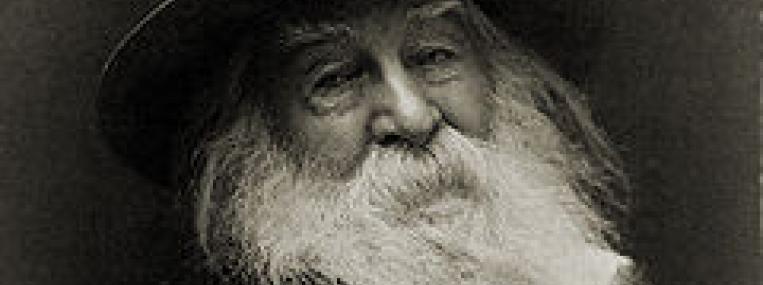
Best Books About the Civil War
Introducing a special section in the Summer issue.
One hundred and fifty years ago, in the wee hours of April 12, a mortar shell exploded above Fort Sumter, and the American Civil War began. As more than one of the contributors to this special edition of Current Books remarks, the four years of bloody conflict that followed have transfixed historians and the general public like no other period in the country’s history. Many tens of thousands of books have been written on the war, its meaning, and the larger-than-life figures it thrust upon the national imagination. This sesquicentennial year seemed to require a wide-angle view of the best writing about the war.
We asked several prominent writers and historians to single out some of their favorite books on subjects ranging from the war’s military campaigns and leaders to the figure whose long shadow falls across it, Abraham Lincoln. We included a list of the best novels written about the Civil War. (Ken Burns has said that he felt inspired to undertake his immensely popular documentary series The Civil War after reading The Killer Angels, Michael Shaara’s 1974 novel about the Battle of Gettysburg.) Brenda Wineapple describes the powerful writing that came out of the war itself, and Pulitzer Prize–winning historian James M. McPherson gives a personal account of the rewards and hazards of studying a conflict that still resonates today. In addition, six scholars review some of the most noteworthy new books in a year that has seen an outpouring of publications about the Civil War.
Though so much has been written about the Civil War, many of us draw our knowledge from two sources, both of which have done as much to distort the war as to commemorate it.
I first learned about the clash of North and South at the knees of Scarlett O’Hara and Rhett Butler. As a girl, I was blissfully oblivious to all that was misrepresented or left out in Gone With the Wind, Margaret Mitchell’s epic historical novel. Since its publication in 1936 and the release three years later of the Hollywood film, historians and others have scorned, with good reason, Mitchell’s romantic and decidedly Southern tilt and her crude depictions of plantation slaves. But their outrage can’t diminish the appeal of the ripping good yarn that Gone With the Wind undeniably is.
Ken Burns’s documentary The Civil War, which initially aired in 1990, has done much to educate the public and renew interest in the war. Somberly narrated by historian David McCullough and accompanied by bittersweet fiddle music, it leaves viewers with an amber-tinged sense of the war’s tragedy and inevitability (and it turned prominently featured novelist cum historian Shelby Foote, with his deep Southern drawl, into a celebrity before his death in 2005). But, as a history professor recently complained in Slate, “notions about the war’s transcendent meaning forged in the sentimental fires of the film” make it difficult to talk about the conflict’s “knotty and complex history of violence, racial conflict, and disunion.”
Distortion of one kind or another is inevitable in any treatment of an event as profound and contentious as the Civil War. There’s no such thing as a truly definitive account—even the multi-volume works by great historians such as Foote and Bruce Catton must omit much, and bear the marks and limitations of their authors’ personalities. To avoid being held captive to any single vision, it’s important to rely on a multitude of voices, calling to us from the past and speaking to us in the present. Our contributors point to works both well known and obscure, of varying sympathies and schools of thought, that, taken together, offer a powerful portrait of America during the most traumatic period in its history. I hope you enjoy reading and learning from these pieces as much as I did.
Photo: Walt Whitman